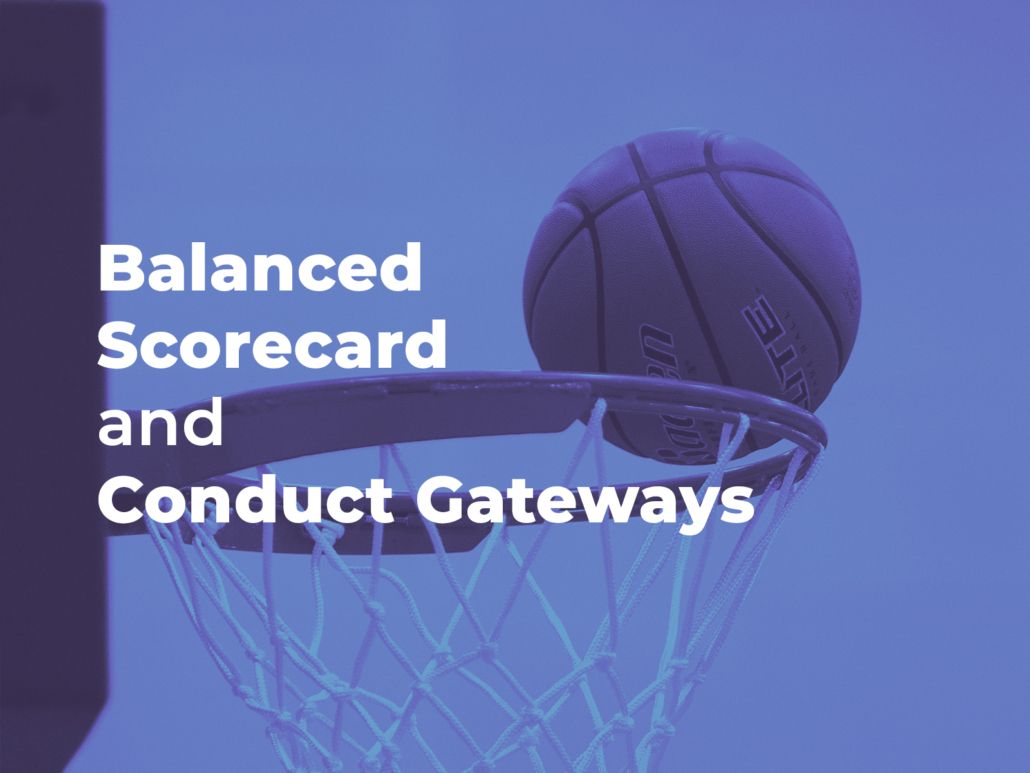Scorecard for cultural transformation

All is not well with the Australian Finance Sector. The recent Interim Report by the Royal Commission has lashed out at banks and mortgage-home loan agencies for gross malpractices accruing from sales-based incentives for all banking staff. This has led employees to ‘put profits before people’ and the “pursuit of short-term profit at the expense of basic standards of honesty”.
Almost all the scandals unearthed in the report can be traced back to improper handling customer needs, driven by the need to ‘sell’ and not ‘serve’. Practices such as up-front and trailing commissions paid to mortgage brokers by lenders are making the home loan market more risky, the royal commission said. Volume and Value based broker payments in the burgeoning home-selling markets are leading huge advisory failures and accounting for considerable monetary losses for the client.
Most agree that the solution is far more complicated than a refurbishing of existing regulations. Nothing short of a “banking revolution” can salvage the Australian finance sector from the trust-void it has created amongst the common customer. So far however, regulatory responses have focused on the remediation of specific instances of poor advice, rather than seeking to identify root causes within institutions and the industry.
Those responses largely set the tone for future approaches to misconduct by financial advisers, that is, to compensate customers according to arrangements negotiated with ASIC while requiring few changes to the business itself.
Where’s the Problem?
A look at the present state of measures and controls throws light on the problem. The Report reveals that:
Governance and risk management practices being insufficient to prevent poor conduct.
Culture and conduct being driven by remuneration practices and policies: The report questions whether incentives are really necessary for staff and intermediaries to do their jobs effectively.
It also questions whether any bank employee should receive an incentive for helping to sell a product to a client.
While existing balanced scorecards and conduct gateways disqualify ‘wrongdoing’, they are insufficient and still do not a) account for aggressive practices b) reward the correct and proper performance of a task
What’s the Solution?
As Norton and Kaplan (the inventors of the Balanced Scorecard) noted, while today’s managers recognise the impact of measures on performance, they rarely think of measurement as part of their strategy. Effective measurement, however, must be an integral part of the management process.
Here’s how the Balanced Scorecard can help the finance sector:
Strategy to Performance Shift: The Balanced scorecard translates a company’s strategic objectives into a coherent set of performance measures. As such, it can initiate breakthrough improvements in such critical areas as product, process, customer, and market development.
Easily Adaptable: The scorecard is easily adaptable to various industrial scenarios. In view of the Australian crises, the need of the hour is to re-calibrate the measure in incentivizing customer value and experience rather than incentivizing purely sales.
Offer Real-Time Feedback: The Balanced Scorecard can be regularly updated to generate and use feedback received from business processes. This is especially relevant for Australia that is facing a loss of trust among customers and therefore needs the banking/mortgage sector to be constantly upgraded in its dealings
Increase employee productivity and reduce costs: As the Balanced Scorecard is aligned to the company’s objectives; it also takes into account individual employee performance, measuring it against regulatory standards. This in turn helps the sector reach optimal productivity and accrue maximum value for both the customer and the company.
Advanced AI based applications like Cognitive Insights, (world’s first regulator-optimised augmented intelligence platform) may be of immense help in this regard – as it is designed to extract knowledge from regulatory and compliance data from various control points across the organisation to drive balanced scorecard and conduct gateways.
In face of the scandalous revelations by the Royal Commission, the Australian economy is facing a long tight-rope walk between maintaining profitability and reviving customer trust. The smart way out is a re-calibration of Balance Scorecards and Conduct Gateways focusing on a shift from ‘sales’ to ‘customer experience.’ An effective reassessment of banking and mortgage measures and controls is the need of the hour.
